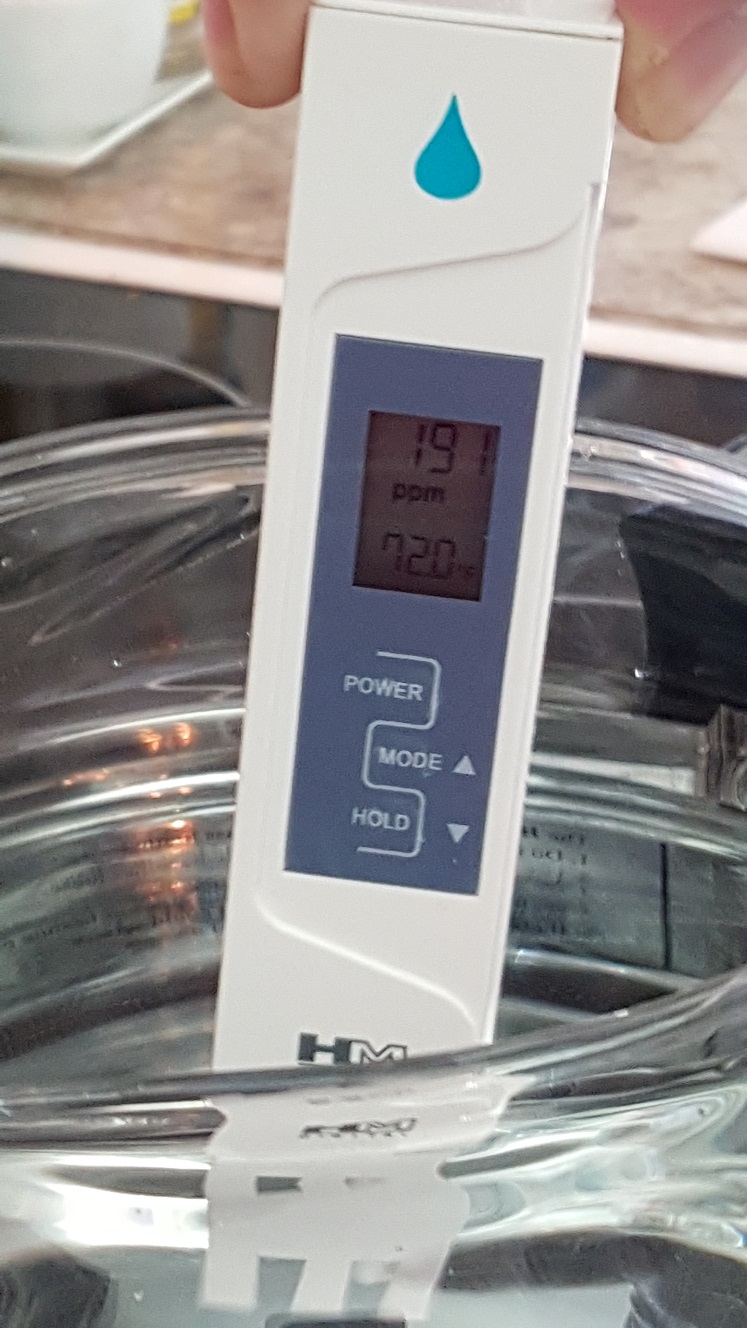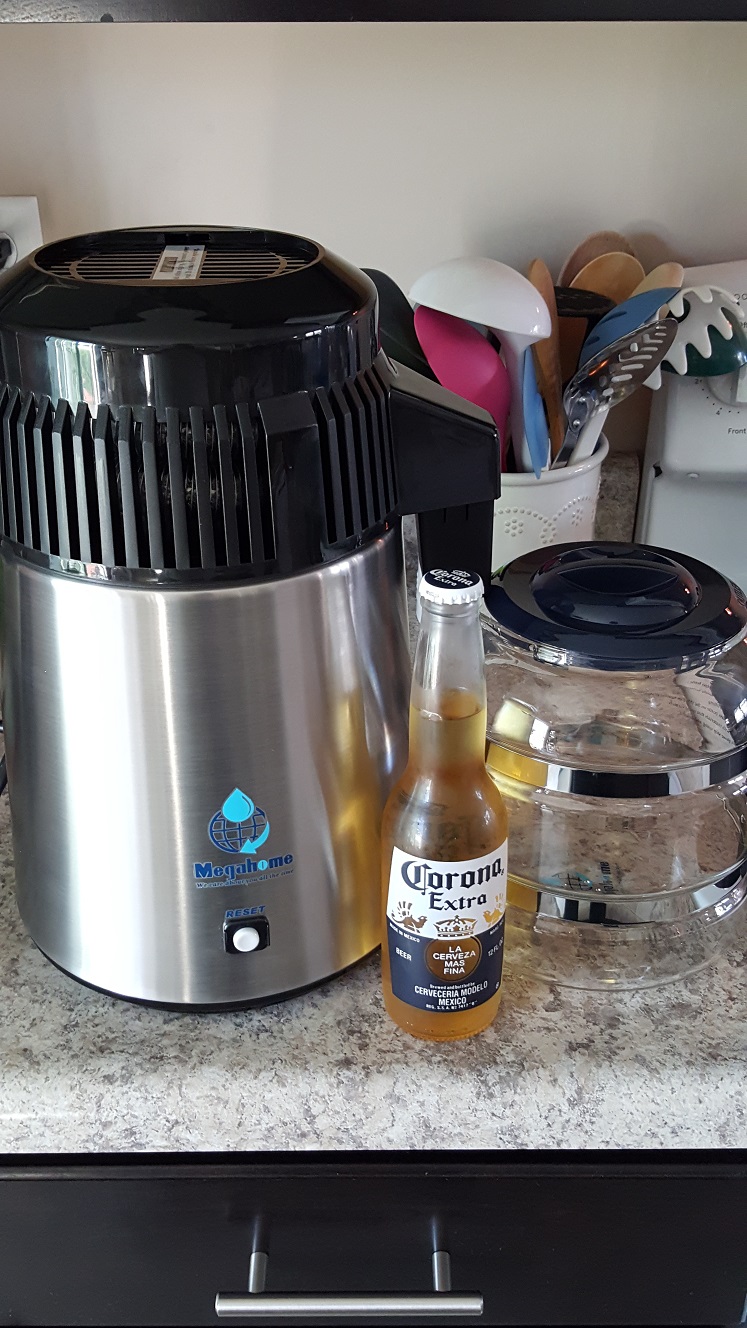Altrez
Well-Known Member
Should be fine. Many if not most people let their beer sit in primary for at least three weeks, so one more would not make a lot of difference. If it were mine I would probably put it in the fridge for the last week to cold crash is before putting it in the barrel.
The only real worry is the yeast breaking down and releasing flavors (autolysis) or if you have dry hopped, the hops releasing veggie flavors. But from reading this site for three years now the it seems the it take more than 4 weeks for autolysis. And it you didn't mention dry hopping so that should not be a problem.
Thank you so much for the post!

-Altrez











































![Craft A Brew - Safale S-04 Dry Yeast - Fermentis - English Ale Dry Yeast - For English and American Ales and Hard Apple Ciders - Ingredients for Home Brewing - Beer Making Supplies - [1 Pack]](https://m.media-amazon.com/images/I/41fVGNh6JfL._SL500_.jpg)
















